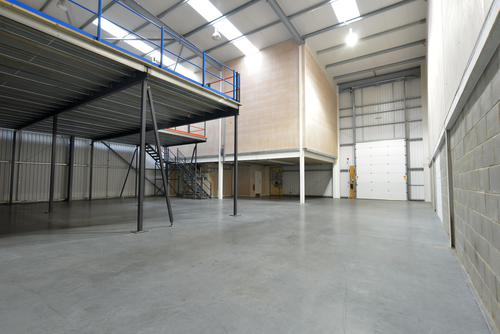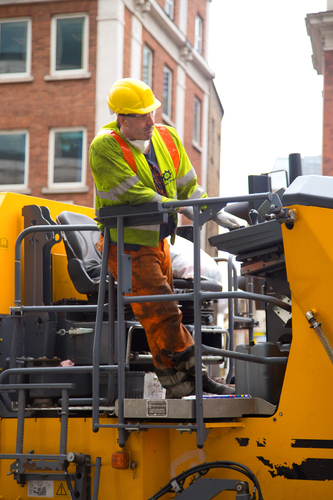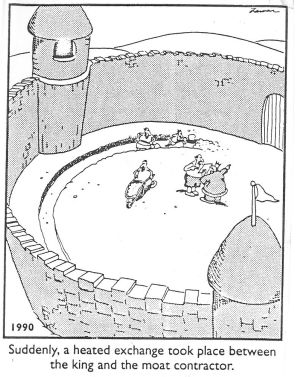 A mezzanine floor in your mill could be the optimum way to make use of your facility’s space. It can be almost any size, and be placed in almost any area of the room. It is also relatively easy to add to a mill’s design and installation; some styles can even be taken apart and reused as facility undergoes changes. Mezzanines can be made to match your mill’s appearance, including floor type, and overall colors and materials. A certified mezzanine floor could be precisely what your mill’s design needs.
A mezzanine floor in your mill could be the optimum way to make use of your facility’s space. It can be almost any size, and be placed in almost any area of the room. It is also relatively easy to add to a mill’s design and installation; some styles can even be taken apart and reused as facility undergoes changes. Mezzanines can be made to match your mill’s appearance, including floor type, and overall colors and materials. A certified mezzanine floor could be precisely what your mill’s design needs.
Applications
Mezzanine floors can accommodate your facility’s daily needs with shelving, product storage and handling systems, loading and unloading access for employees and equipment, and much more. Platforms for product lifting can make moving and storing products and equipment easy. These efficient applications can be anywhere you need them, from the wider work area, to storage rooms, offices, and other functioning rooms and areas of your mill.
Generally, the mezzanine is placed above the ground floor, overlooking part or most of the room, or area. Sometimes, there can be more than one mezzanine, both accessed by stairs and rails for those on foot, and by forklift for those moving product via equipment. If there are two floors, they may be connected. When the floors are used for storage, they can be optimum for things not utilized on a daily basis. You may also install a moving platform, as well as a pallet gate, or open space in the rail to make the lifting and lowering of items and people even easier. On occasion, the mezzanine floor may be turned into an office so that management may oversee all of the daily operations.
If a mezzanine floor sounds like something you need at your mill, then you need engineers who can properly implement it into the design, and make sure it’s certified. That’s where we at BEP Engineering comes in. Contact us today about how we can help you with your mezzanine floor design and certification, and much more.









 eering Services will be attending the 2015 Forest Products Machinery & Equipment Expo in Atlanta, GA. The expo runs from June 10-12 at the Georgia World Congress Center. Our booth number is currently #A116. Hopefully we can see you there!
eering Services will be attending the 2015 Forest Products Machinery & Equipment Expo in Atlanta, GA. The expo runs from June 10-12 at the Georgia World Congress Center. Our booth number is currently #A116. Hopefully we can see you there!